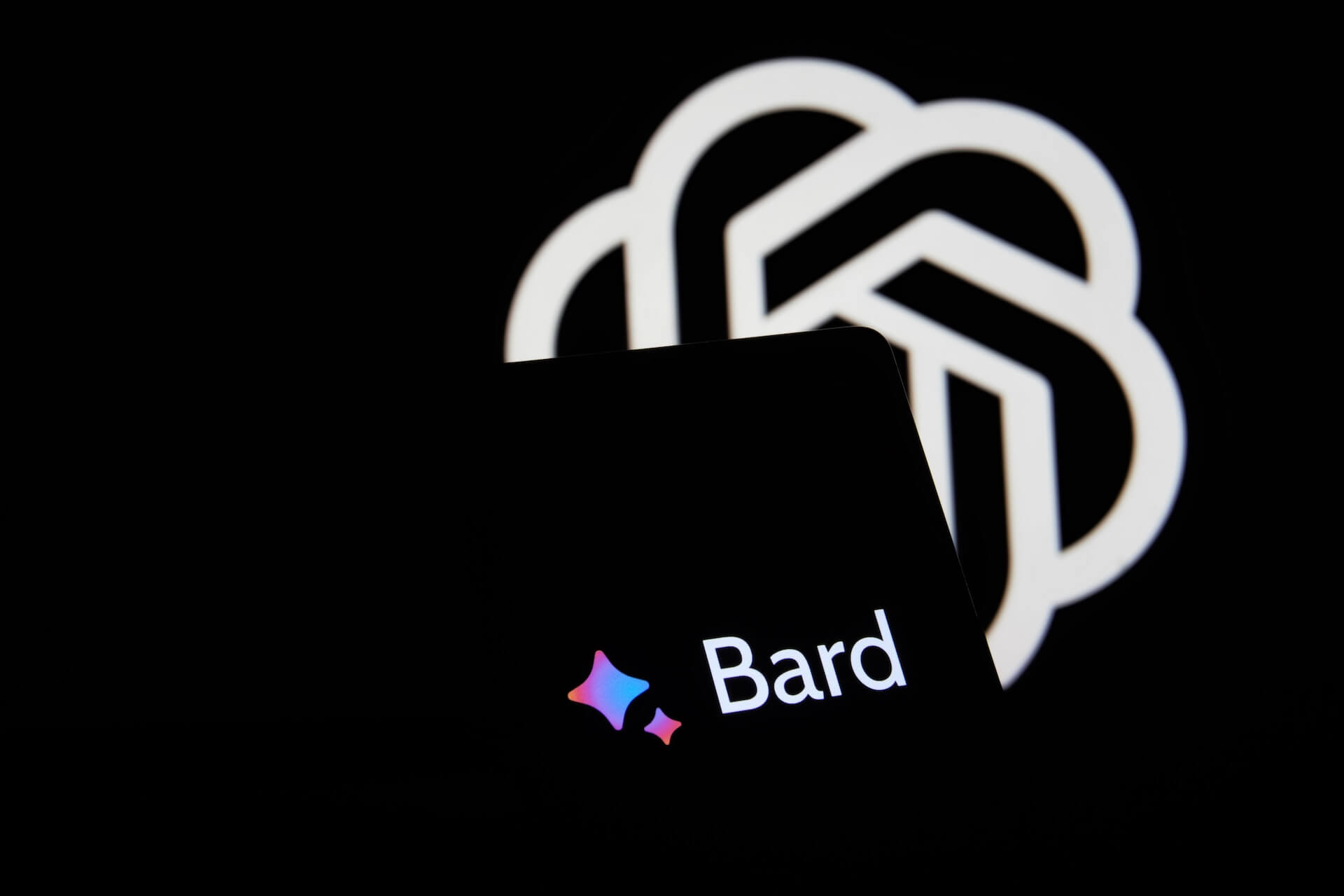ChatGPT vs. Bard: Exploring Key Distinctions

Large language models (LLMs) have taken center stage in recent years, with ChatGPT and Bard emerging as prominent contenders. These LLMs boast impressive capabilities, such as text generation, language translation, creative content creation, and informative responses. However, beneath the surface, nuanced differences set them apart, making it crucial to delve into their individual characteristics.
Diverse Training Data
At the heart of ChatGPT and Bard lie distinct training data sources. ChatGPT draws from a massive dataset encompassing both text and code. Nonetheless, its limitation to data available only up to 2021 restricts its real-time relevance. In contrast, Bard’s strength lies in its ever-evolving dataset that remains consistently updated with the latest information. This unique feature equips Bard with the ability to access current news, cutting-edge research, and ongoing events, making it an optimal choice for inquiries about contemporary topics.
Accuracy Matters
Precision and accuracy stand as significant factors distinguishing ChatGPT from Bard. While ChatGPT occasionally produces factual errors, Bard maintains a higher level of accuracy. This divergence can be attributed to Bard’s training on a broader and more diverse dataset, enabling it to capture intricate language nuances and minimize inaccuracies. The expanded dataset provides Bard with a deeper contextual understanding, resulting in more reliable information dissemination.
User Experience Distincts
The realm of user experience showcases a noticeable contrast between ChatGPT and Bard. ChatGPT adheres to the traditional chatbot design, tailored for interactive conversations. In contrast, Bard transcends this conventional approach by positioning itself as an informative and comprehensive knowledge provider. The user interface of Bard stands out, characterized by its well-designed and user-friendly platform that enhances ease of use.
A Glimpse at Superiority
In terms of advancement, Bard takes the lead in this head-to-head comparison. Rooted in its accuracy and bolstered by real-time information access, Bard emerges as a dependable source for current knowledge. The seamless user experience, backed by an intuitive interface, further solidifies Bard’s position as a comprehensive solution. Nevertheless, the significance of ChatGPT should not be underestimated. Despite differences, ChatGPT remains a versatile tool capable of addressing an array of tasks.
In Conclusion
The comparison between ChatGPT and Bard highlights how models that appear similar can actually differ significantly in various aspects. Factors like training data, accuracy, and user interaction play a crucial role in setting them apart. Bard’s strength in real-time data and user experience positions it as the leader in the field. On the other hand, ChatGPT remains valuable for its versatility, even though it has its own distinct qualities. Together, these models shape the landscape of natural language processing, each making a unique contribution.
As the world of large language models continues to evolve, the distinct characteristics of ChatGPT and Bard add depth to the possibilities of natural language processing. Their contrasting features play a vital role in helping users choose the right tool for their specific needs as they navigate this ever-changing landscape.




